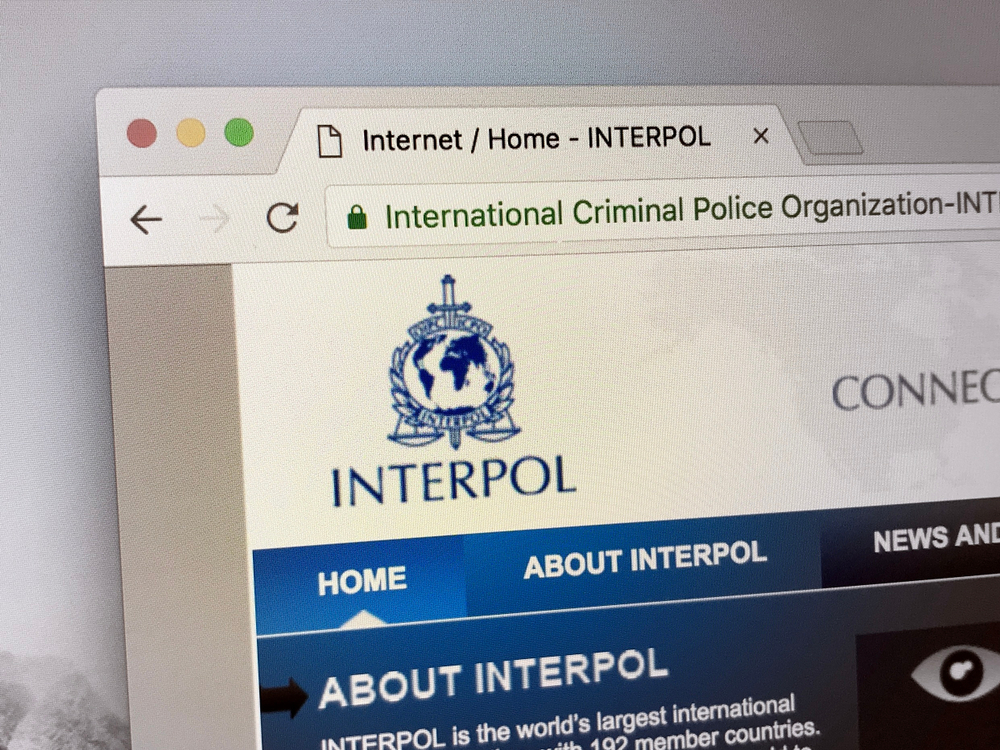
Use of the International Criminal Police Organization (INTERPOL) global databases has been on the rise in recent years amid growing threats of terrorist attacks in Europe, with inquiries to stolen and lost travel documents data increasing by more than 200 percent since 2014.
Delegates recently met at the 48th INTERPOL European Regional Conference in Dublin. Drug trafficking, online child sexual abuse, organized crime, and cybercrime were all addressed the three-day event that drew 130 senior law enforcement officers from 52 countries.
INTERPOL Secretary-General Jürgen Stock noted during the event that law enforcement agencies must adapt and evolve, particularly in the realm of data protection and information sharing.
“Data needed by national police increasingly resides outside of law enforcement. It is in open sources, in battlefields and owned by private industry,” Stock said. “To ensure officers have access to the information they need to successfully investigate cases requires data quality, reliability, and security. INTERPOL is ideally and uniquely placed to meet these needs.”
Charles Flanagan, Ireland’s Minister for Justice and Equality, said INTERPOL’s work over the last 100 years or so “epitomizes the value of police services across the world working together.”
“Thanks to the excellent cooperation fostered by INTERPOL, police officers here in Ireland and across the world are provided with invaluable support in their efforts to protect citizens from terrorism and crime in all its many forms,” Flanagan said. “The global network of INTERPOL National Bureaus that operate around the clock handling enquiries plays a vital role in this, and I’d like to pay tribute to the Irish INTERPOL National Central Bureau based in Garda Headquarters for its contribution to this network, and also to the members of An Garda Síochána who have served in INTERPOL’s General Secretariat Headquarters in Lyon over the years.”
Meanwhile, INTERPOL President Meng Hongwei said police agencies across Europe have made significant contributions toward global security.
“Police in Europe are an indispensable ‘generator’ for the past, current and future successes of INTERPOL,” Hongwei said. “The region also has an important role to play not only in providing strategic foresight but also in offering assistance to developing countries to help balance policing capabilities around the globe.”




